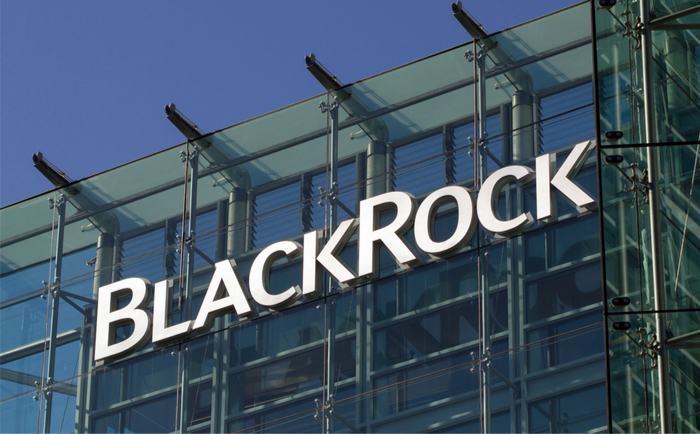China’s efforts to impose a new national security law on Hong Kong has proved controversial with pro-democracy campaigners, but companies that initially supported Beijing are now seeing pressure from investors.
Yesterday Aviva Investors, a UK insurance company managing funds totalling £346bn, signalled concern over HSBC and Standard Chartered’s willingness to support the new laws.
In a sign that corporate responsibility parameters are widening, Aviva’s chief investment officer David Cumming revealed worries that the banks had offered support to China without knowing how the law would be implemented, and gave notice of expectations that the banks should speak out in future over breaches of democratic rights.
“We are uneasy at the decisions of HSBC and Standard Chartered to publicly support the proposed new national security law in Hong Kong without knowing the details of the law or how it will operate in practice,” Cumming said.
He added: “If companies make political statements, they must accept the corporate responsibilities that follow.
“Consequently, we expect both companies to confirm that they will also speak out publicly if there are any future abuses of democratic freedoms connected to this law.”
Corporate behaviour
The comments make plain the disquiet of an investor over the behaviour of investee companies.
The national security law follows protests in Hong Kong last year over attempts to introduce new extradition laws. That law was dropped, but protests—involving violent clashes with the Hong Kong police—continued over general demands for democratic freedoms.
The latest move by China was approved by National People’s Congress at the end of May and received criticism from campaign groups and governments around the world. The UK responded by offering a route to British residency for up to three million Hong Kong citizens.
The law is viewed as bypassing the Hong Kong legislature and undermining the “Basic Law”, Hong Kong’s constitution, as well as the key principle established when Hong Kong returned to Chinese rule: “one state, two systems”.
Standard Chartered told the Financial Times: “We believe the national security law can help maintain the long-term economic and social stability of Hong Kong.”
Meanwhile, an HSBC post online said: “HSBC reiterates that under the ‘one country, two systems’ principle, it respects and supports all laws that stabilise Hong Kong’s social order and boost the economy to develop prosperously.”
Pressure on values
Aviva’s public intervention demonstrates a concern for the behaviour of corporates over the new law, and signals that they will come under pressure from investors to stand by democratic values. Some reports suggest company leaders will put up with the national security law in return for a return to calm in the territory.
Corporate leaders found themselves caught up in last year’s protests. Rupert Hogg, chief executive of Hong Kong airline Cathay Pacific, resigned following Chinese state criticism of the role of its employees in protests.
Meanwhile, PwC felt the need to publicly distance itself from an advert claiming to come from the employees of Big Four accounting firms denouncing their own leaders for their stance on demonstrators.
Some sources suggest that Chinese interventions undermine Hong Kong’s ability to maintain and administer its own laws, could force corporates, under pressure from investors, to choose whether to stay or leave. Singapore has become a destination for some businesses in the region.
Whatever happens in Hong Kong, the Aviva statement suggests investors at least will not allow companies off the hook when it comes to democratic values. A very uncomfortable future may be in store for boards navigating the path to maintaining business interests in Hong Kong and abiding by the demands of investors to stand by corporate responsibility principles.




